search results: 14Results
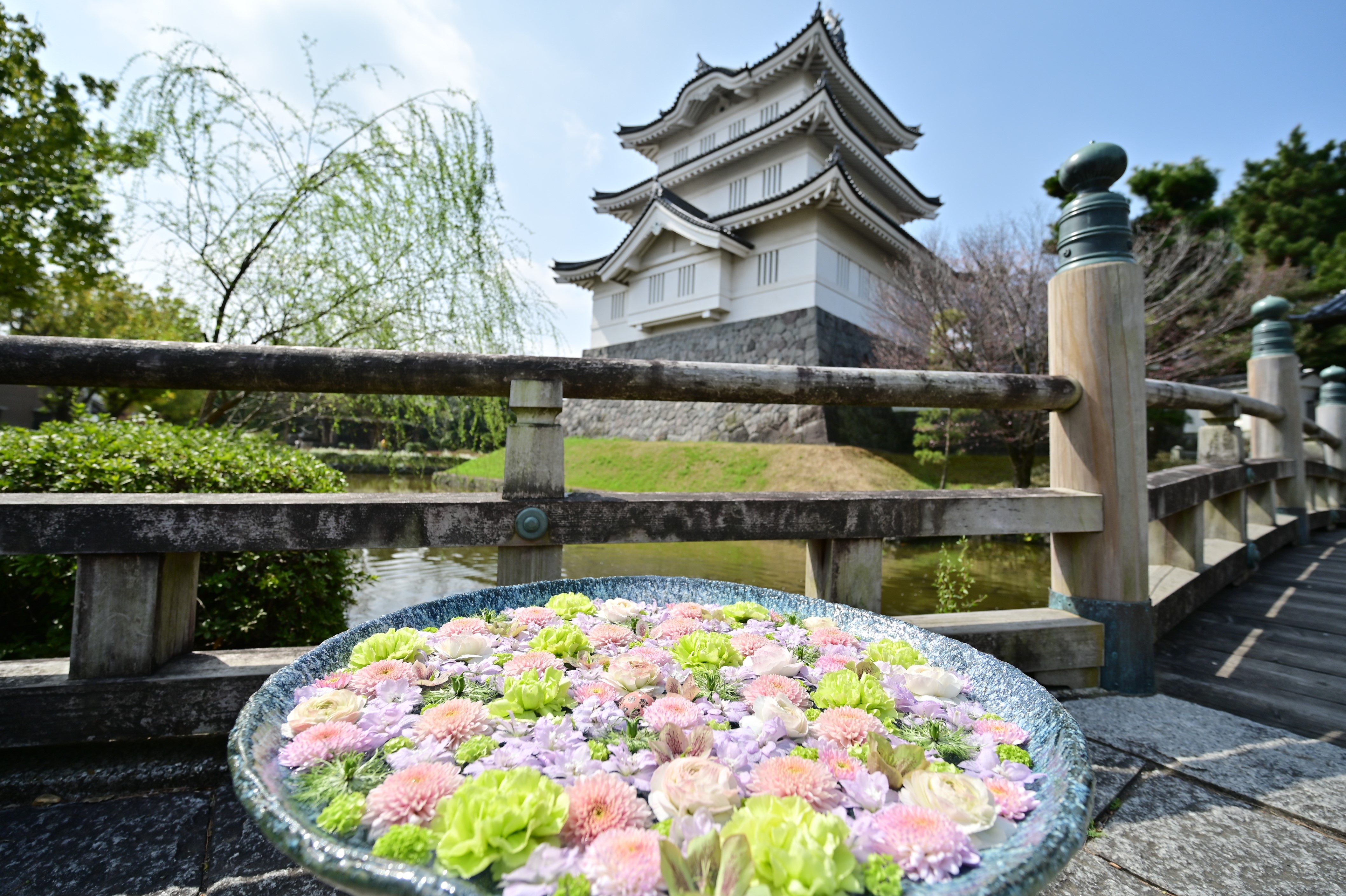
Eastern Area Gyoda City
Hanachōzu(Floating flowers in the basin) began at Gyoda Hachiman Shrine in April 2020, with the desire to “provide healing to those who visit the shrine” during the COVID-19 pandemic. This initiative spread to Sakitama Shrine in the city, and with the intention of providing hospitality to visitors who come to enjoy the Hanachōzu, the "Gyōda Hanachōzu Week" was started in October of the same year. Not only the shrines but also the eaves of shops and houses are adorned with Hanachōzu throughout the entire community. This event is held for a limited period from the 1st to the 14th of every month (from the 15th to the end of the month in November and January). *It is not held in July and August. Since April 2021, a light-up event featuring Hanachōzu has also been held under the theme of "Light of Hope." *It is not held in July, August, and January. *Please be aware that the display of Hanachōzu spot may vary depending on various circumstances such as store closures and weather conditions. Additionally, many shops are closed on Mondays, so please make sure to confirm in advance.
1st to 14th of each month (15th to end of month in January and November)
Flowers / Nature
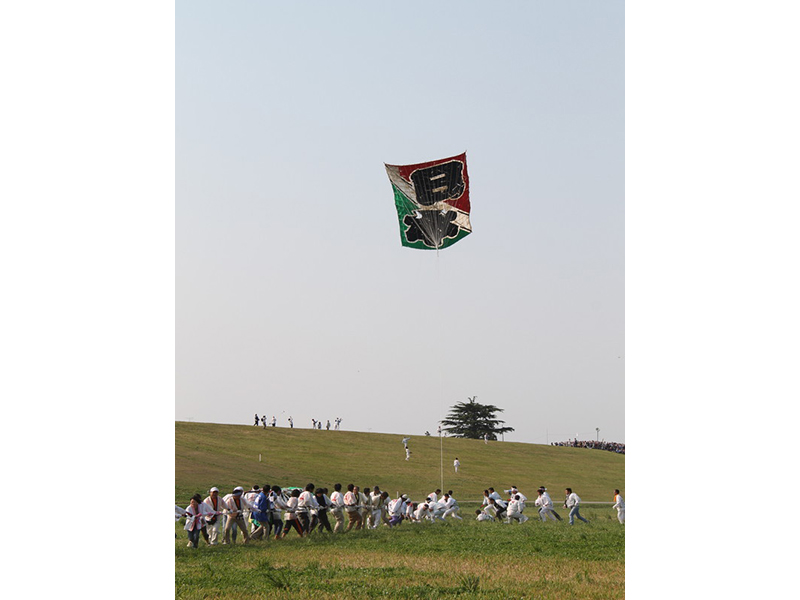
Eastern Area Kasukabe City
At Nishi Hōshubana’s Edogawa Riverbed, there is a large kite flying festival that takes place to pray for the health and happy growth of children. On May 3rd, the large kites are made and the babies' first annual festival is held to the sight of small and large kites soaring in the sky. On May 5th, not only does the flying of the small and large kites continue, but there is also a kite-flying contest!
May 3rd, May 5th
Festivals and Traditional events
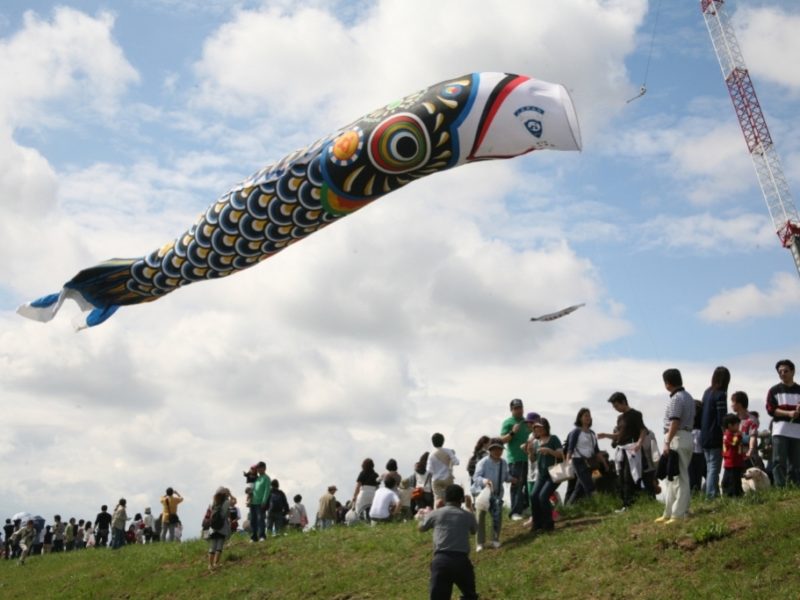
Eastern Area Kazo City
The festival takes place at the beginning of May at the Tonegawa Kasenjiki Ryokuchi Park, where canola flowers bloom. This festival is held to wish for peace to the citizens. It is a bustling event that also features the world’s longest "Koinobori"(carp-shaped windsocks), with a length of 100 meters and a variety of stage shows to be enjoyed.
May 3rd
Festivals and Traditional events
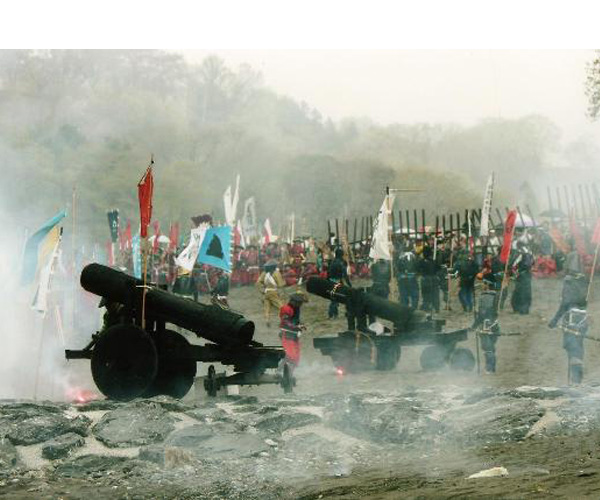
Northern Area Yorii Town
This festival features everything from a procession of military commanders, dressed in samurai armor, to the echo of the roaring cannons as armies clash. Against the backdrop of sakura in full bloom, the Sengoku (civil war) period revives! A tale of samurai warriors unfolds through a powerful performance that makes one want to cheer. This festival is hosted annually on the second Sunday of April and is always bustling with tourists.
Mid of May
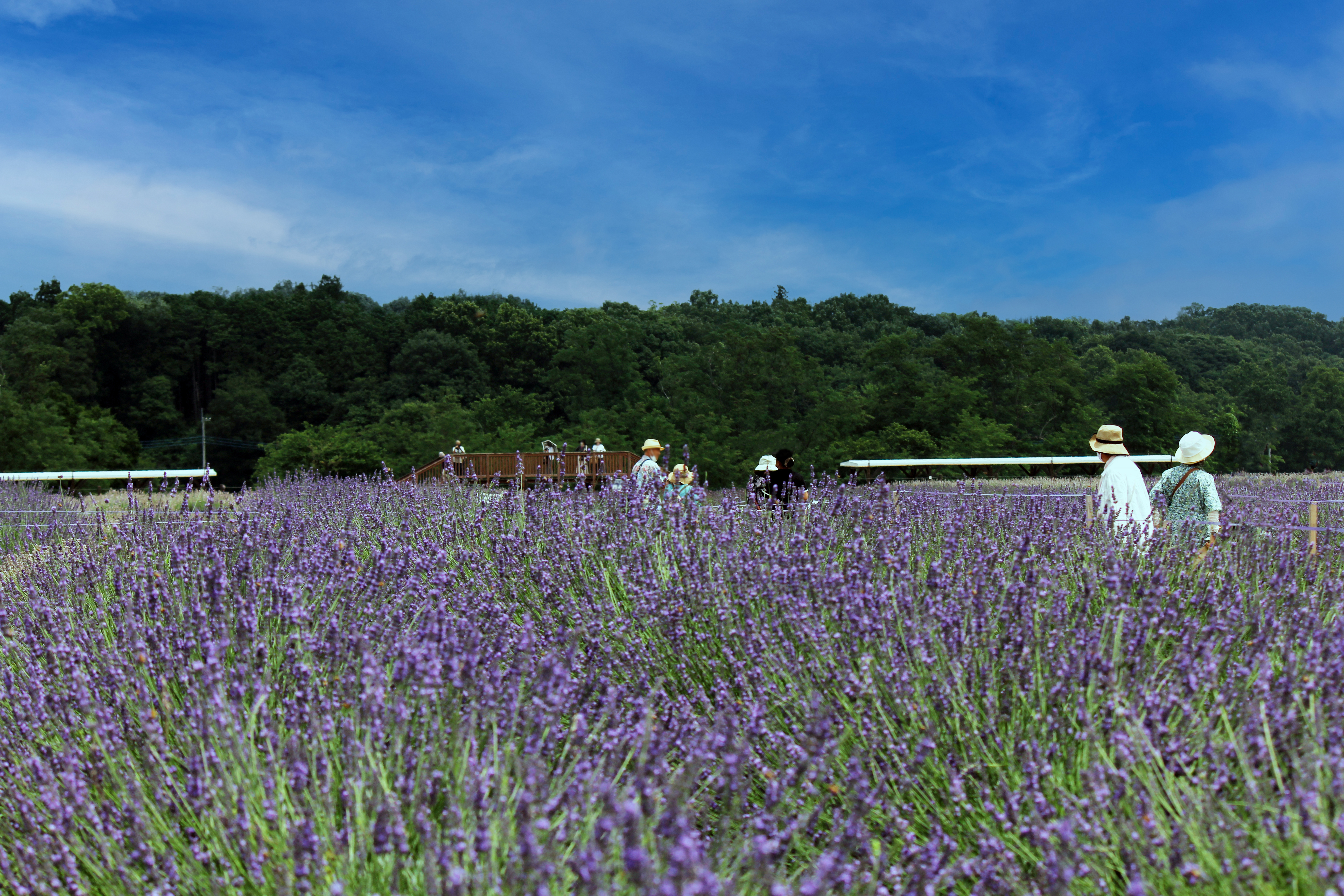
Western Area Ranzan Town
At the Sennen-no-en Lavender field in Ranzan Town, a town filled with fragrant breezes, holds the "Ranzan Lavender Festival" during the lavender blooming season! During the Ranzan Lavender Festival, there will be lavender picking experiences (for a fee), lavender stick making experiences (for a fee), and food and beverage stalls. Please don't miss the opportunity to take home Ranzan Town-produced lavender grosso essential oil, hand creams blended with lavender essential oil, mask sprays, and more as souvenirs. Come and soothe your mind and body with the delightful fragrance of lavender and the picturesque scenery of the lavender fields that stretch as far as the eye can see.
June 9th, 2023 (Friday) to June 25th, 2023 (Sunday)
Festivals and Traditional events Flowers / Nature
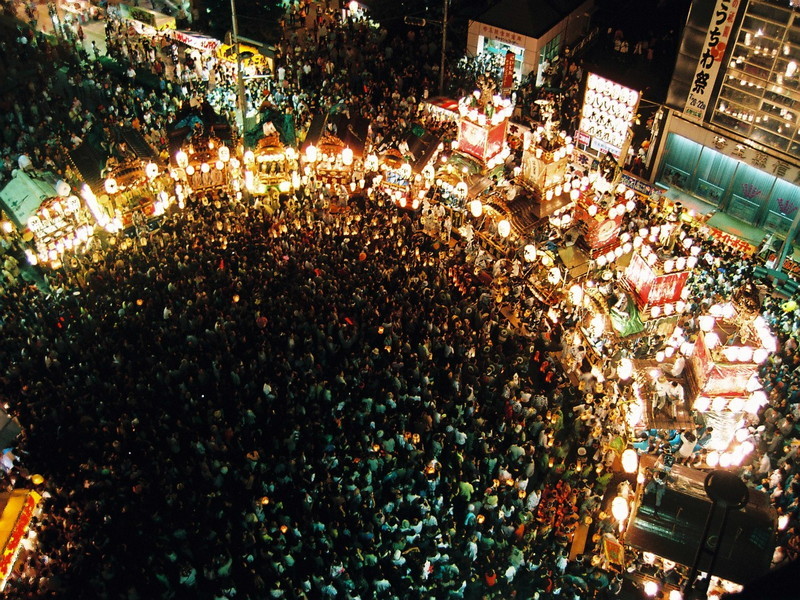
Northern Area Kumagaya City
Kanto’s best Gion Festival, performed every year for three days between July 20th and the 22nd. Furthermore, it is one of the most prominent festivals in Saitama prefecture, bustling with life, and attracting many visitors. There used to be a custom on the day of the festival to cook Sekihan, red bean rice, to eliminate plagues. Based on this custom, Sekihan was offered at shops and known as Kumagaya’s Sekihan Treat. Later, fans were given as gifts instead of Sekihan, and the festival was called Kumagaya Uchiwa (fan) Festival instead. The festival starts with the Togyo Festival (transferral of a sacred object from its place of enshrinement), by the second day, the Jyunkō Festival takes place in which stalls line up and parade floats are pulled through town, adding up to a total distance of around 10.5 km. On the last day, 12 floats and stalls gather, with the “Hikkawase Tatakiai (in which floats are faced to one another and festival music play), marking the climax of the festival. After, in solemn air, the portable shrine returns to the main shrine, and “Kangyo (Return) Festival” is held, quietly ending the festival.
July 20th to the 22nd
Festivals and Traditional events
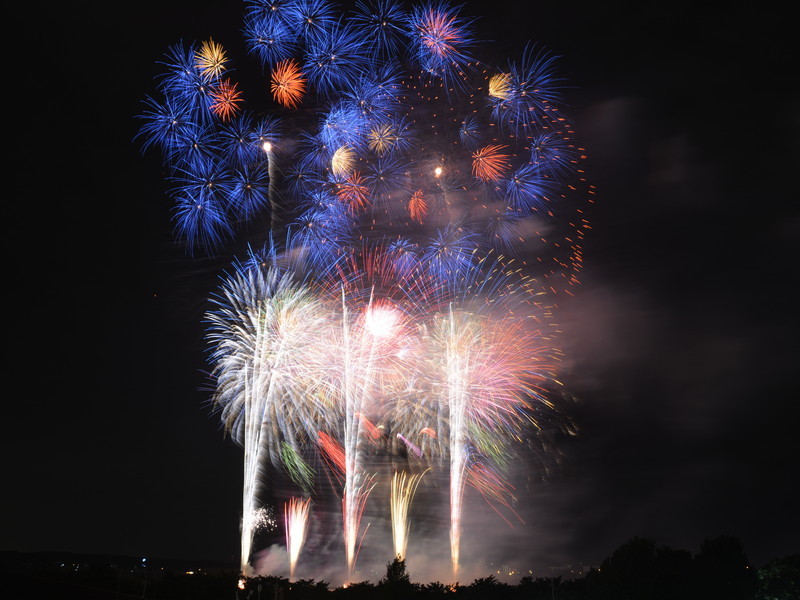
Northern Area Kumagaya City
Pyrotechnicians compete in skill as they set off one mind-blowing firework after the other at the Star Mine Contest. In addition, there are even fireworks constructed to convey messages, such as birthday wishes or proposals! This night, the Kumagaya sky is colored by roughly 10,000 fireworks. Furthermore, there are about 500 stalls lined up on the riverbed, bustling with life and energy. This is a event where Kumagaya stays up late and is heated with excitement.
Second Saturday of August
Festivals and Traditional events Fireworks
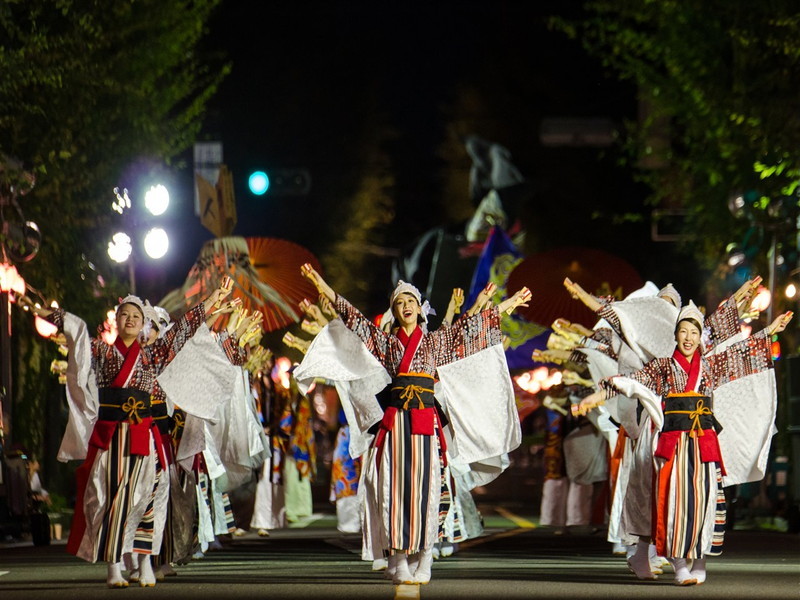
Western Area Sakado City
Every year approximately 60 teams, more than 2,000 people participate in Kanto’s distinguished Yosakoi Festival, “Sakado Yosakoi.” This is a fascinating event where dancers wear vivid costumes and perform an original dance to the sound of freely arranged music.
Mid-October
Festivals and Traditional events
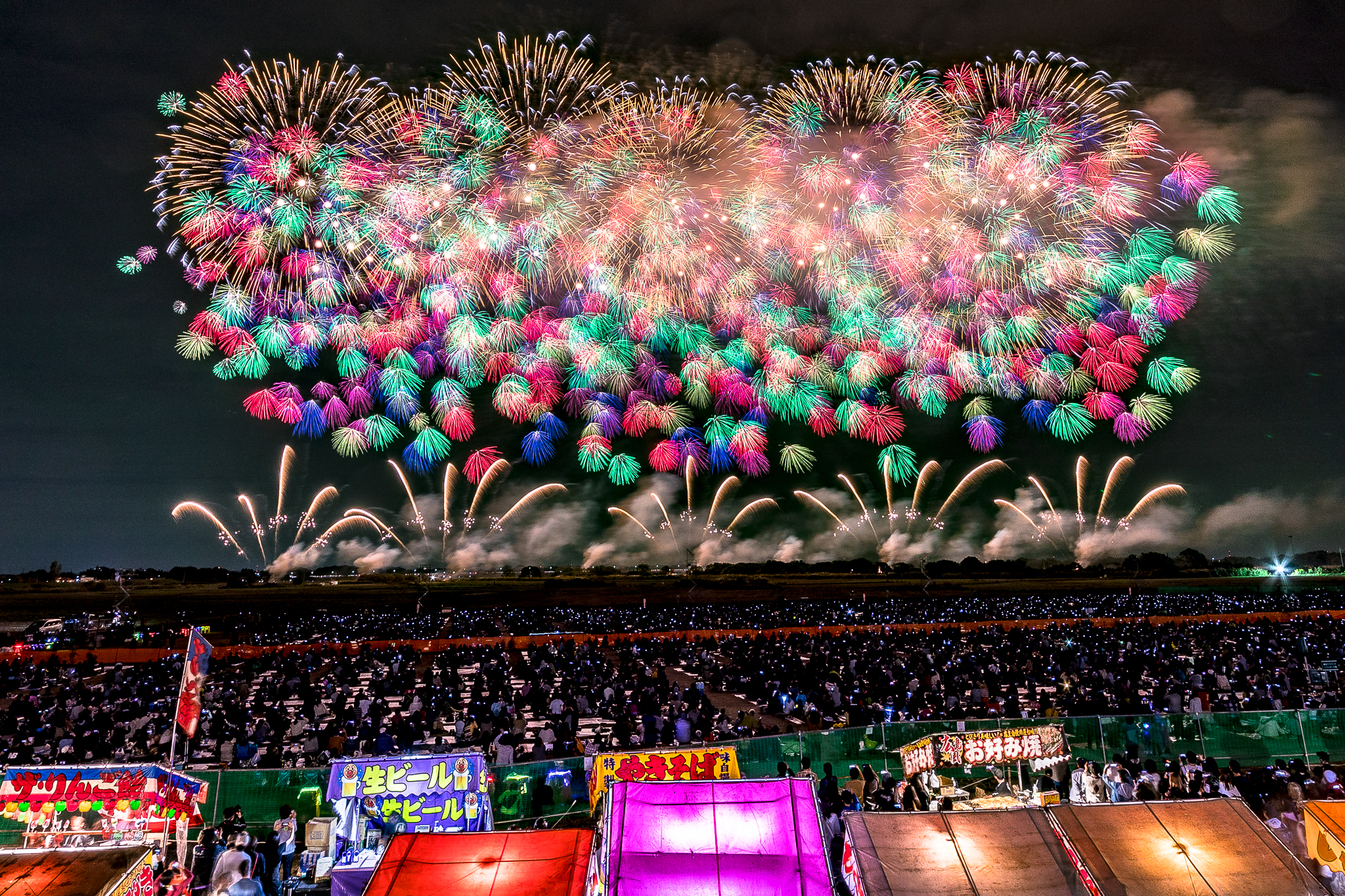
Central Area Konosu City
“Kōnosu City Youth League of the Society and Commerce," consisting of local store and business owners, as well as young upcoming entrepreneurs, volunteer to organize a display of fireworks, not only to develop the area's commerce and industry but also to give children dreams and hopes. This is not an administration-led event; it was started through a voluntary movement to gather funds with planning, management, and cleaning after the event finishes, all performed by the approximately 50 young members. This makes it a unique event in Japan where 100% of the fireworks are handmade. As of today, many volunteer staff of all ages gathers from within the city, making it a fireworks display in which citizens partake.
Mid-October of 2019
Fireworks
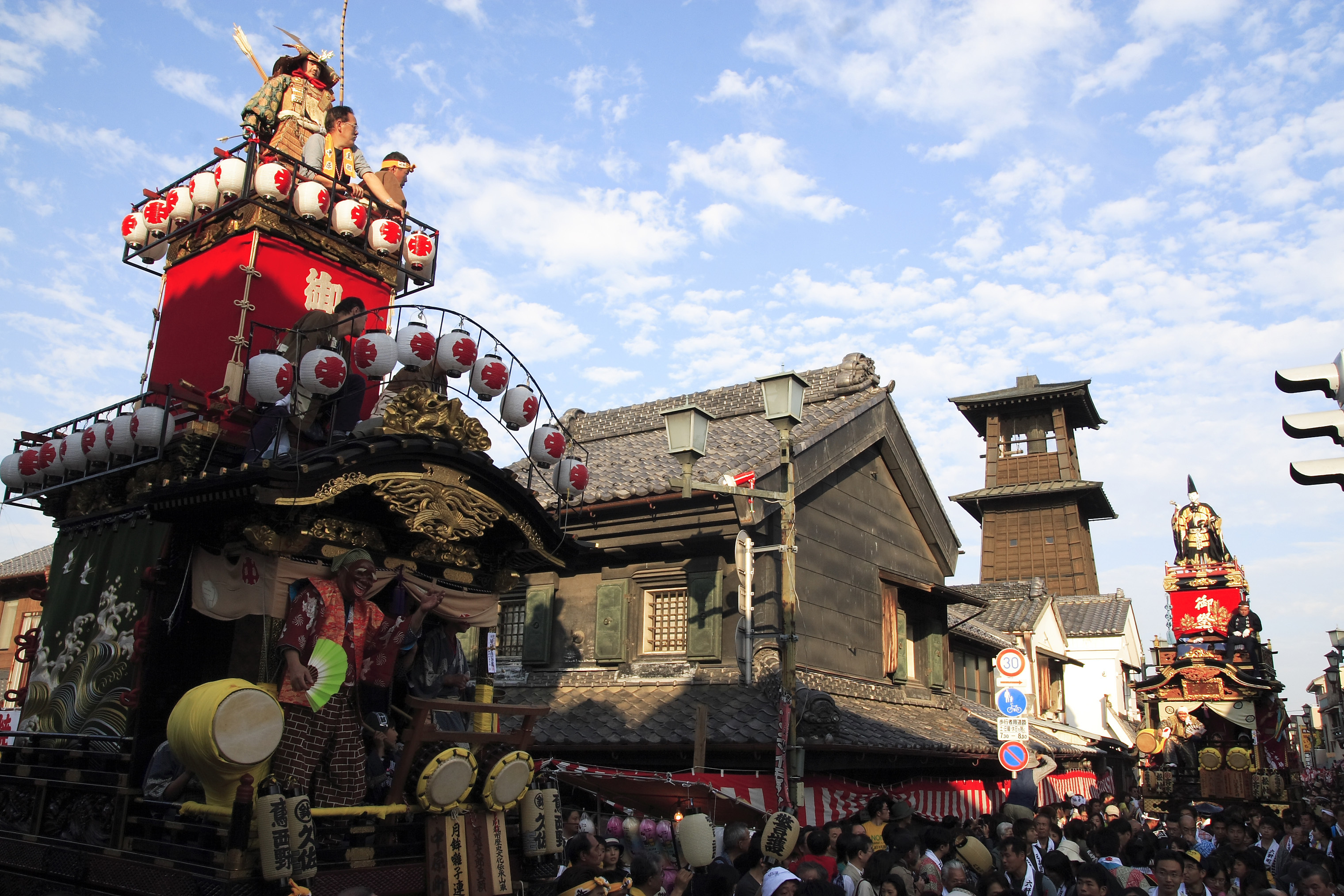
Western Area Kawagoe City
Kawagoe Festival conveys the style and elegance of Edo’s “Tenka Matsuri (Festival)” in modern times. It is a valuable festival that has been protected for over 370 years, developing together with the unique characteristics of Kawagoe. A glorious parade float with elaborate dolls is pulled through town, centering around the street view of warehouses representing Koedokawagoe. Visitors will be overwhelmed by the large number of festival floats facing and passing one another on the roads of Kawagoe.
Mid-October
Festivals and Traditional events
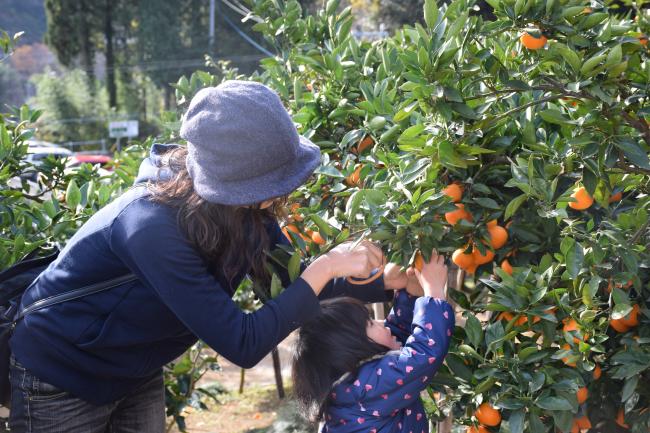
Northern Area Yorii Town
The origin of mikan (Japanese mandarin) cultivation in Yorii Town has an impressive history of about 400 years. The Fuuppu area and Kobayashi area are small basin along the Fuuppu River where mikan has been cultivated since long ago. Yorii mikan are characterized by their traditional sweet and sour taste, and many fans are waiting eagerly for them every year.
Late October to mid December
Taste
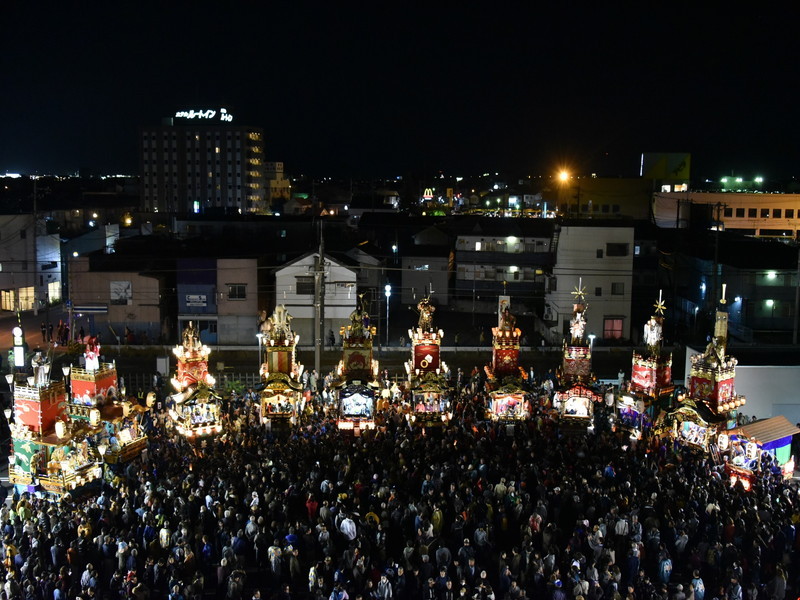
Northern Area Honjo City
The grand festival of Kanasana Shrine, also known as Honjō’s “Village Shrine Festival”. Festival floats are decorated with sculptures designed with gold leaves, urushi lacquer colors with elaborate metal carvings, and a drop curtain with patterns of splendor. The unique atmosphere of the festival is brought together through the tones of the graceful festival music played by musicians together with local children. As of now, there are 10 floats built between 1872 and 1924, with 8 of them designated as a cultural property by the prefecture. The splendid floats that roam through Nakasendō carrying dolls such as those of Momotarō, Empress Jingū, Takeru Yamato, Kiyomasa Katō portray the picture scroll of the time. The carvings and embroideries of each float is wonderfully carried out, making it one of the finest articles, and is famous for being the greatest float in the Northern region of Kanto.
Early November
Festivals and Traditional events
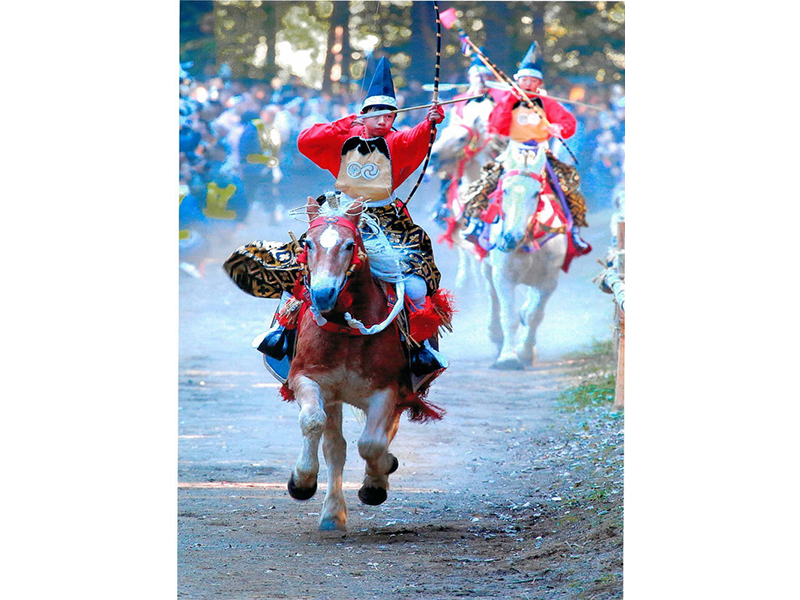
Western Area Moroyama Town
The Yabusame (archery on horseback) is a Shinto ritual of the Izumo Iwai Shrine and has been passed on from over 950 years ago, making it a traditional event that still takes place today. A boy around the age of 15 will train rigorously until the festival to perform the ceremony. Not only is the vigor and skill of the boy shooting the arrow from a horse running at full speed a sight worth seeing, but the costume is gorgeous as well!
November 3rd (Culture Day)
Festivals and Traditional events